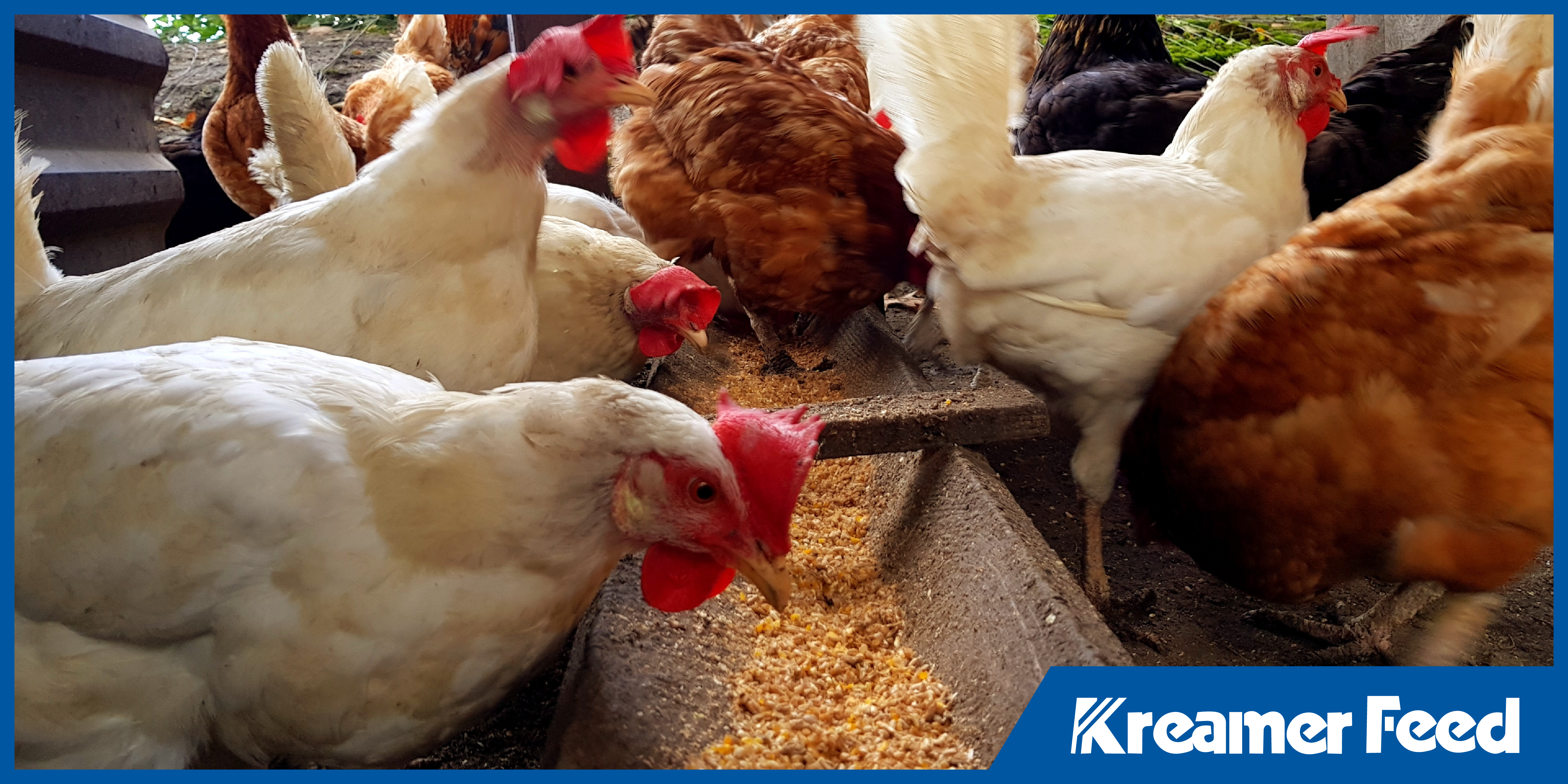
When it comes to raising productive livestock, fertility and reproductive success are key pillars of long-term farm profitability. Whether you’re managing cattle, poultry, pigs, or goats, reproductive efficiency is influenced by many factors, and nutrition is one of the most critical.
The nutrition impact on animal fertility cannot be overstated. From improving conception rates to supporting healthy offspring, the right diet helps create the ideal environment for reproduction to thrive.
How Feed Affects Reproductive Health
Livestock reproduction is a complex biological process. Hormone production, ovulation, semen quality, and embryo development all require optimal conditions, and these conditions are heavily influenced by dietary inputs.
Poor nutrition can delay puberty, reduce estrus cycles, and impair conception. On the other hand, well-balanced nutrition enhances energy status, supports hormonal balance, and increases the likelihood of successful breeding.
1. Energy Balance and Reproductive Function
Energy availability plays a direct role in optimizing livestock reproductive health. Animals that are underfed or experiencing negative energy balance may stop cycling or have delayed ovulation. This is particularly important in high-producing animals like dairy cows or laying hens, where the energy demand is already high.
Feeding for ideal body condition, not too thin and not over-conditioned, helps maintain regular estrus and supports ovulation. If energy intake is too low, the body conserves resources by shutting down non-essential systems like reproduction.
2. Protein and Amino Acids
Protein is essential for hormone production and tissue development in both males and females. Certain dietary nutrients for fertility, such as methionine and lysine, help improve egg and sperm quality, as well as fetal development after conception.
Protein quality also matters. Highly digestible protein sources ensure that livestock can absorb and use the amino acids effectively, supporting reproduction without excess nitrogen waste.
3. Essential Vitamins and Minerals
Micronutrients are often overlooked, but they are vital for nutrition during the breeding season and beyond. Some of the key players include:
- Vitamin A: Crucial for ovarian function and fetal development
- Vitamin E and Selenium: Powerful antioxidants that protect reproductive tissues and improve semen quality
- Zinc: Supports hormone function and reproductive organ development
- Copper and Manganese: Essential for proper estrus behavior and embryo viability
Deficiencies in these micronutrients can lead to poor conception rates, early embryonic death, and reduced libido in breeding males.
4. Fats and Reproductive Hormones
Fats aren’t just a dense source of energy. They’re also vital for hormone synthesis. Omega-3 fatty acids, for example, have been shown to improve conception rates and embryo survival by reducing inflammation and supporting uterine health. Including a moderate level of high-quality fat in the feed can be a game-changer for improving reproductive performance.
5. Male Fertility Matters Too
While much of the focus in breeding season is often on females, male animals need proper nutrition too. Semen quality, libido, and testicular development all depend on adequate intake of energy, protein, trace minerals, and antioxidants. Ensuring your sires or breeder males are on a well-balanced diet is essential for consistent results.
Feeding Strategies for Reproductive Success
To maximize feed and reproduction success, farmers should take a proactive approach to nutrition management:
- Start improving feed quality at least 60 to 90 days before breeding season
- Use life-stage-specific formulations for both males and females
- Monitor body condition closely and adjust rations as needed
- Provide consistent access to clean water, as dehydration can impact fertility
- Work with a livestock nutritionist to ensure your ration includes the right balance of macro and micronutrients
Support Reproduction with Smart Nutrition
Fertility isn’t just about genetics or timing. It’s deeply tied to what goes into the feed trough. By providing the right nutrition at the right time, farmers can increase conception rates, improve offspring health, and keep breeding schedules on track.
At Kreamer Feed, we understand the science behind livestock nutrition and reproductive health. Since 1947, we’ve been crafting feed formulas that deliver real results, from breeding season to birth and beyond. Whether you’re raising poultry or livestock, our feeds are designed to support every stage of productivity with trust, quality, and precision.